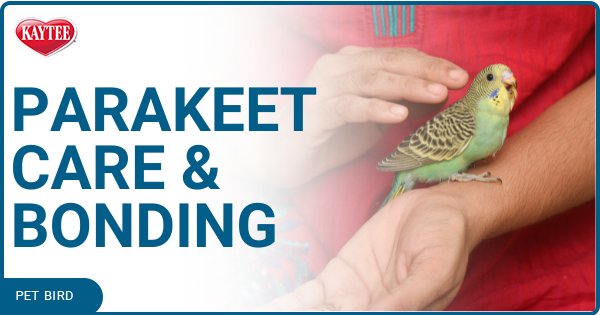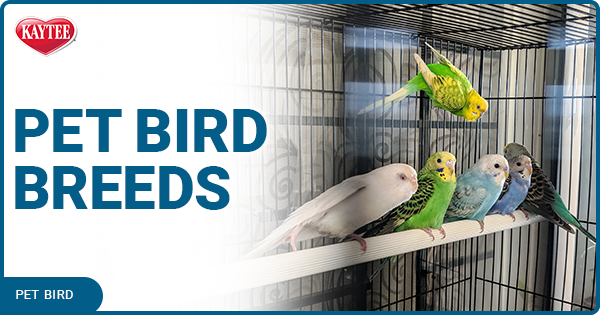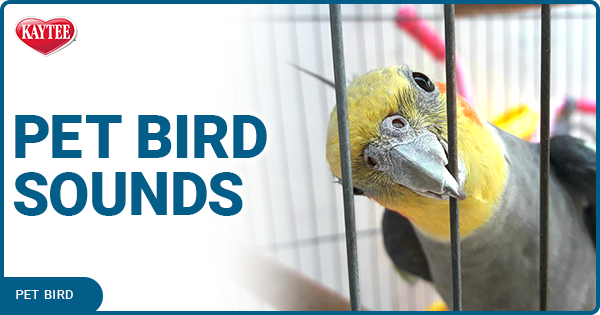Pet Bird Routine
Routines are part of our lives, but do you know how important a structured routine can be to your pet bird? By providing a consistent routine, you provide your feathered friend with stability, comfort, and happiness.
Why Routines Matter
A predictable daily, weekly, and monthly routine is good both for you and your pet bird. Birds are social, intelligent creatures that quickly adapt to expected routines, and the structure will help reduce anxiety and stress that can affect your bird's health and behavior.
Furthermore, if you stick to a regular routine, you can be sure your bird is getting the very best care with essential maintenance of its habitat, health care, exercise, mental stimulation, diet, grooming, and training. The more familiar you are with your overall pet bird routine, the easier you can spot any difficulties before they become more challenging problems.
Your Bird's Daily Routine
Every bird has daily tasks to keep it healthy, safe, and comfortable. While the exact timing of daily tasks will vary depending on an individual bird's species, age, personality, health, and other needs, typical parts of the daily pet bird routine include
Waking Up – This getting up time may include greetings and a first feeding. This often coincides with the brightening day and may shift slightly through the seasons.
Mealtimes – Most birds eat once in the morning and once in the evening. This is a great time to be sure uneaten food is removed and food and water dishes are cleaned.
Changing Tray Papers – The liner on the bottom of a bird's cage should be changed daily to prevent buildup of feces and debris that can harbor bacteria, mold, or toxins.
Cage Care – Along with changing liners, the cage should be checked for damage each day to prevent escape or injury. Quick cleanups around the cage can also keep the room tidier.
Misting – Most pet birds enjoy a light misting to help stay clean and preened. This is especially important for powder-coated species such as cockatoos and African greys.
Socializing – Birds are sociable and need time with their families. Social time can include games, training, talking, dancing, stepping up, and other activities 1-2 times per day.
Cage-Free Time – Time out of the cage gives a bird more mental stimulation and exercise, and should be provided 1-2 times per day.
Bedtime – Many birds get cranky in the evening and respond well to a predictable bedtime. This is usually after an evening meal, and darkening the cage can encourage the bird to rest.
Weekly Bird Care Routines
Some bird care tasks are not necessary each day, but should be scheduled as part of the weekly routine. These essential items include:
Cage Cleaning – Wiping down the cage and perches can help keep the bird's environment healthier, and a deeper cleaning around the cage can eliminate odors.
Toy Inspections – Check toys each week for wear or damage that could be dangerous, such as sharp edges, broken pieces, or dangling strings.
Health Exam – A quick health check with a weigh-in and examining the beak, nails, eyes, and nares will ensure the bird is healthy and any suspicious symptoms are noticed right away.
Bath – A more rigorous bath is great once or twice a week and will help keep the bird's feathers in top condition.
Cage Movement – Changing the cage's location 1-2 times per week can provide more mental stimulation for an eager, active bird and can help reduce restlessness.
Bird Monthly Routines
Monthly tasks, while not as frequent, are just as important to a pet bird's routine as daily care.
Monthly pet bird to-dos include:
Wing Checks – If the bird's wings are clipped, they should be checked monthly for new feathers growing in that need trimming.
Blunting Nails – A bird's talons grow continuously, and blunting them 1-2 times per month can prevent accidental injuries or scratches without diminishing the bird's grip.
Rearranging Perches – Changing the orientation and levels of perches in the cage can give a pet bird more to explore and discover, improving mental acuity and stimulation.
Toy Rotation – Birds can become bored with nothing but the same toys, and rotating to new toys 2-3 times per month can give the bird exciting new games to play.
Variations in Pet Bird Routines
Over time, a bird's routine may change as its needs change. The more closely attuned you are to your pet bird's habits and schedules, the more easily you can adapt a routine to best suit both you and your bird, and you will both enjoy the benefits a regular routine can provide.
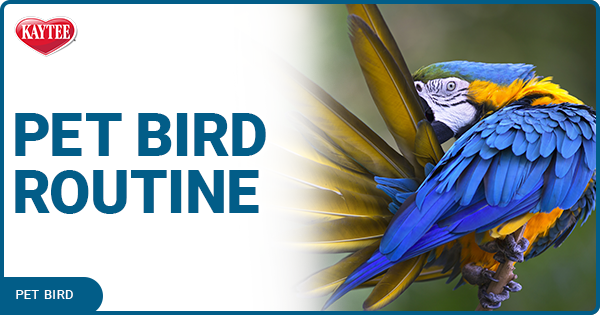
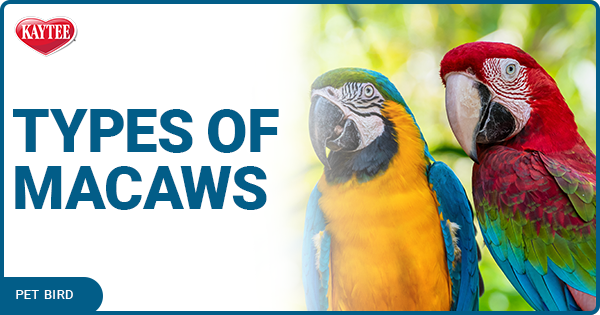
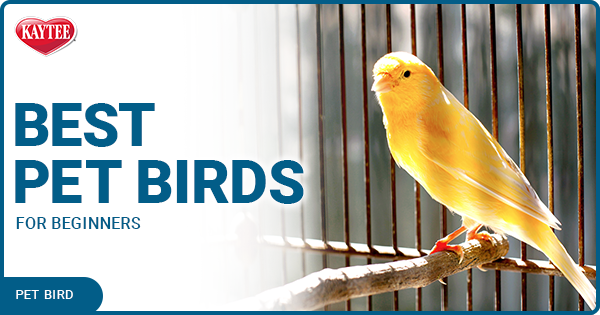
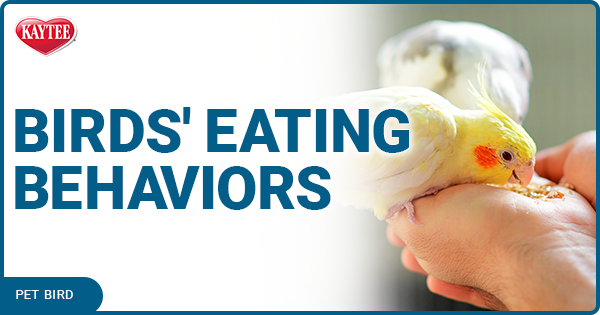
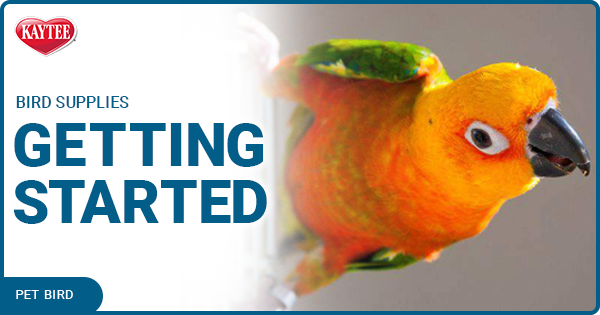
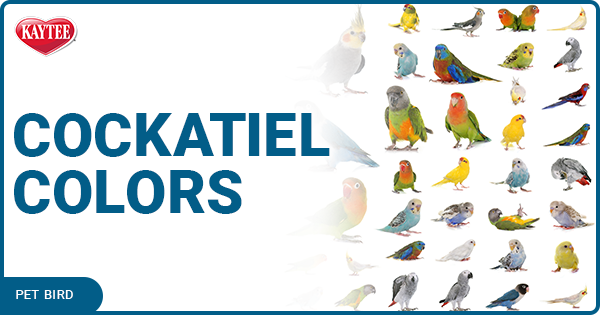
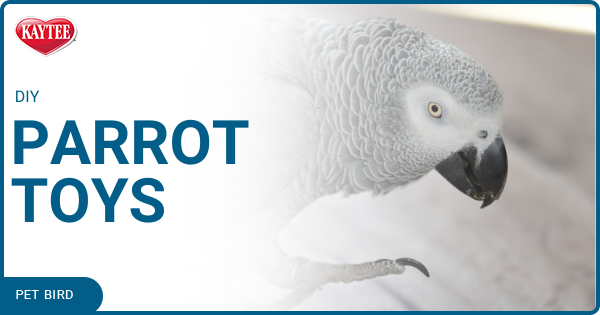
.png?h=315&iar=0&w=600&hash=D97DB36D5E3F21371C65308B485A4F28)
